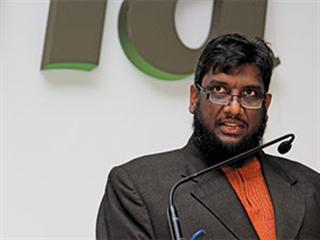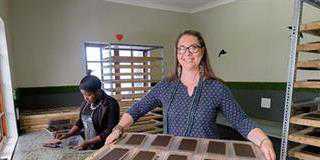
This was according to Prof Mohammed Karaan, Dean of AgriSciences at Stellenbosch University, and a member of the National Planning Commission which, is under the leadership of Minister in the Presidency, Trevor Manuel. Karaan was speaking at the Produce Marketing Association’s (PMA)Southern Africa conference in Somerset West recently. He said while the NDP contained solutions to solve some of SA’s greatest developmental challenges, “writing a good plan is not good enough”.
“When compiling the NDP we asked ourselves; how do we go about creating jobs? Do we start by fixing the performance of government, healthcare or with better education? “The problem is not to find out what needs to be done. Actually doing it is the hard part. You cannot fix the place until you fix the people,” Karaan said. Economic development, and creating an enabling environment for job creation, was being hampered by a lack of appropriately skilled people.
“In terms of capabilities, we do not have enough of the people we need to run government effectively and fix the economy.” Karaan said agriculture was unmatched in its potential as an economic sector to create jobs, wealth and find solutions to land reform challenges. “Most other developing nations like Brazil, Indonesia and Turkey built their advancing economies on a healthy agricultural sector. If we are to follow their example, we have to start with an advancing and job creating sector.”
According to Karaan, a study done by the Bureau for Food and Agricultural Policy (BFAP) in their Baseline 2011 report showed that, given reasonably conservative estimates of the availability of arable land and irrigation water, the sector could create an additional one million jobs in primary agriculture and the associated agro-processing and farm input industries.
But, due to the increase in minimum wages for farm workers from R69 to R105 per day, the sector’s ability was being questioned. Meanwhile, workers were demanding that the minimum wage be increased to R150 per day.
Karaan chose to remain positive. “If we can put more land under production, make more water available to develop irrigation schemes and expand markets, the sector can still be an important source of job creation.” He said the sector would not succeed if the relationship between government and the farming industry did not improve.
Follow Denene on Twitter @agri_erasmus












